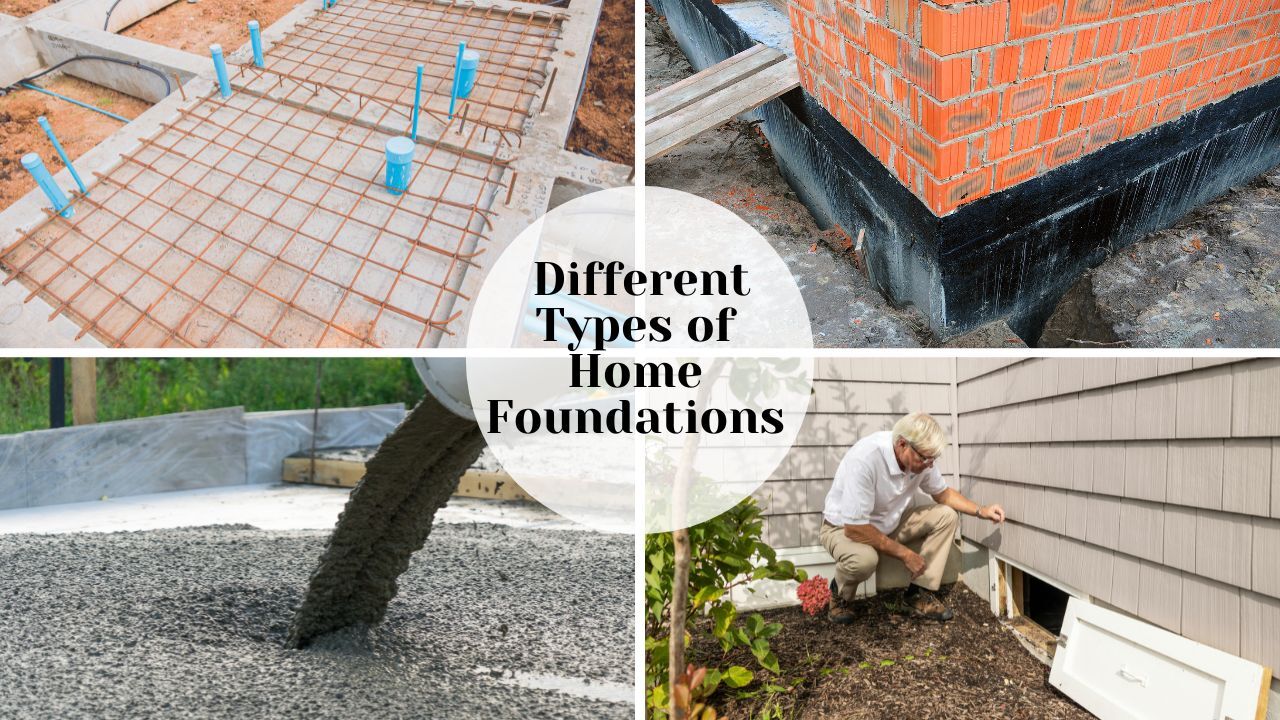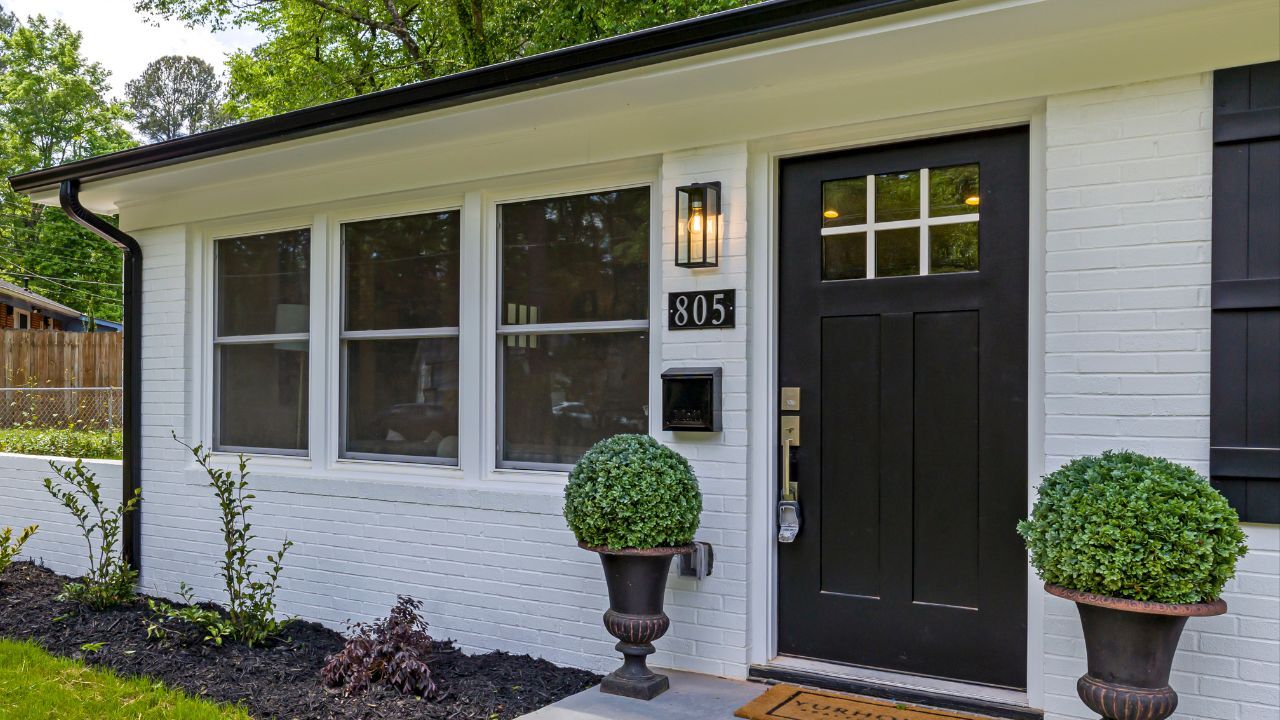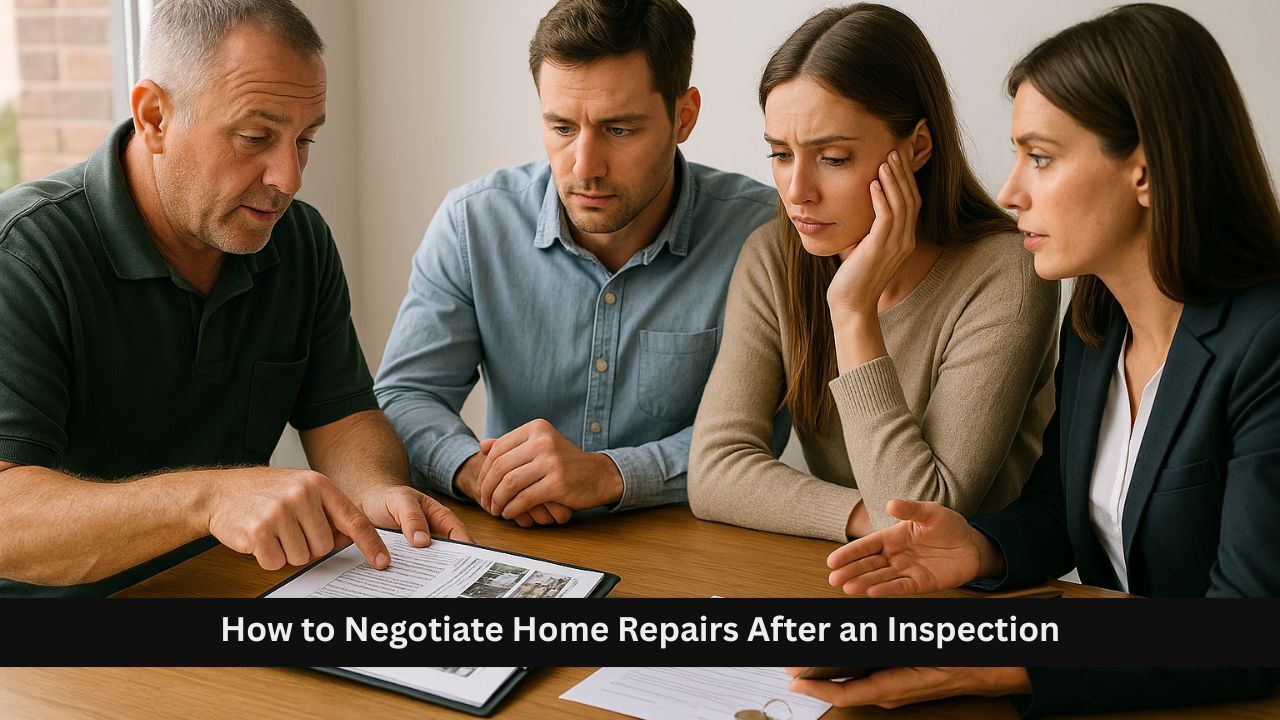 Buying a home is an exciting step and a powerful wealth building move, but the purchase price is only part of the financial picture. Many buyers focus on the down payment and monthly loan amount, then feel surprised by the ongoing costs that come with owning a home. Understanding these expenses ahead of time helps you buy with confidence and avoid unnecessary financial stress.
Buying a home is an exciting step and a powerful wealth building move, but the purchase price is only part of the financial picture. Many buyers focus on the down payment and monthly loan amount, then feel surprised by the ongoing costs that come with owning a home. Understanding these expenses ahead of time helps you buy with confidence and avoid unnecessary financial stress.
Your Monthly Mortgage Payment
For most homeowners, the mortgage payment is the largest recurring expense. This payment includes the principal balance and the interest charged for borrowing the funds. The amount depends on your loan size, interest rate, and loan term. Choosing a payment that fits comfortably within your budget is essential for long-term stability.
Property Taxes
Property taxes are an annual expense assessed on your home and can vary widely. Many homeowners pay these taxes monthly as part of their mortgage payment, with funds held in escrow and paid when due. It is important to account for this cost since property taxes can increase over time.
Homeowners Insurance Coverage
Most lenders require homeowners insurance to protect the property against unexpected damage or loss. Premiums are often paid monthly through escrow. Standard policies typically cover common risks, but some situations require additional coverage. Planning for this cost ensures your home and finances remain protected.
Homeowners Association Fees
Some properties are part of a Homeowners Association. These fees are typically charged monthly or quarterly and support shared amenities and community maintenance. Costs may cover landscaping, exterior upkeep, snow removal, or other services. These fees continue even after a mortgage is paid off and should always be included in your long-term budget.
Utilities and Services
Owning a home means covering ongoing utility costs. These often include electricity, water, gas, sewer services, trash removal, recycling, television, and internet. Utility expenses can fluctuate based on home size, usage, and seasonal demand, making it important to leave room for variability.
Maintenance and Repairs
Unlike renting, homeowners are responsible for repairs and upkeep. This includes items such as roofing, plumbing, electrical systems, heating and cooling systems, and appliances. Setting aside savings for routine maintenance and unexpected repairs can prevent financial strain when issues arise.
Plan, Budget, and Prepare
Knowing how much you can afford goes beyond loan approval. Factoring in ongoing ownership costs allows you to create a realistic budget and build savings for the future. A well prepared buyer is positioned to enjoy homeownership without sacrificing financial flexibility.
Homeownership is a rewarding goal when approached with clarity and planning. Understanding the full cost helps you make decisions that support both your lifestyle and long-term success.
 A home can look beautiful on the surface, but a past flooding event can create long term challenges that buyers need to understand. If you are considering a property with any history of water intrusion, taking time to learn the risks can protect your safety, your finances and your peace of mind.
A home can look beautiful on the surface, but a past flooding event can create long term challenges that buyers need to understand. If you are considering a property with any history of water intrusion, taking time to learn the risks can protect your safety, your finances and your peace of mind. When buying or selling a home, the foundation is one of the most important yet overlooked elements. It supports the structure, affects durability, and can influence everything from comfort to resale value. As a real estate agent, I often remind clients that understanding the type and condition of a home’s foundation can help them make informed choices and avoid costly surprises later on.
When buying or selling a home, the foundation is one of the most important yet overlooked elements. It supports the structure, affects durability, and can influence everything from comfort to resale value. As a real estate agent, I often remind clients that understanding the type and condition of a home’s foundation can help them make informed choices and avoid costly surprises later on. When you start shopping for a home, you will quickly notice that not all properties are created equal. From cozy condos to spacious single-family homes, each property type offers a unique lifestyle, level of maintenance, and investment potential. Understanding the differences helps you choose the kind of home that best fits your goals, budget, and way of living.
When you start shopping for a home, you will quickly notice that not all properties are created equal. From cozy condos to spacious single-family homes, each property type offers a unique lifestyle, level of maintenance, and investment potential. Understanding the differences helps you choose the kind of home that best fits your goals, budget, and way of living. Buying a home is one of the biggest financial moves you will ever make, and while it can feel overwhelming, approaching it the way a real estate professional does makes the process smoother and more strategic. With the right preparation and mindset, you can shop confidently and make smart decisions from start to finish.
Buying a home is one of the biggest financial moves you will ever make, and while it can feel overwhelming, approaching it the way a real estate professional does makes the process smoother and more strategic. With the right preparation and mindset, you can shop confidently and make smart decisions from start to finish. A home inspection is one of the most important steps in the home buying process. It gives buyers a clear picture of the property’s condition and can uncover issues that are not visible during a showing. From roofing problems to electrical concerns, an inspection helps ensure you know exactly what you are purchasing. However, once the report arrives, the next step, and negotiating repairs, can feel overwhelming.
A home inspection is one of the most important steps in the home buying process. It gives buyers a clear picture of the property’s condition and can uncover issues that are not visible during a showing. From roofing problems to electrical concerns, an inspection helps ensure you know exactly what you are purchasing. However, once the report arrives, the next step, and negotiating repairs, can feel overwhelming.